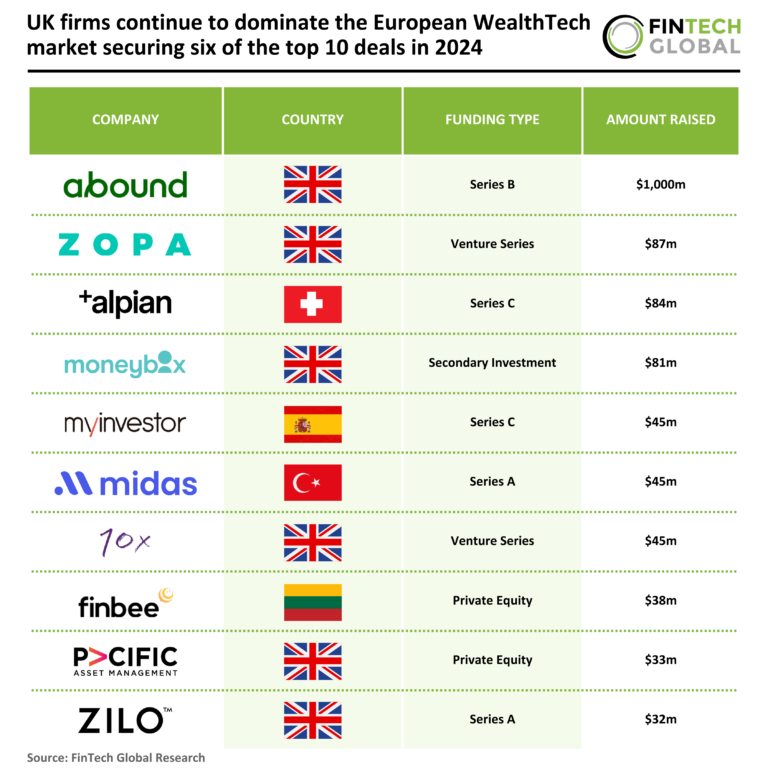
Similar Posts

Euro Area Countries Delay TARGET Reform: Missed Deadlines Threaten Economic Progress
The European Central Bank (ECB) has delayed the amendment of the TARGET Guideline, affecting non-bank payment service providers (non-bank PSPs) seeking access to the TARGET payment infrastructure, now set for October 2025. Originally aimed at expanding participation rights for non-bank PSPs, the delay results from slow national legislative processes in eurozone countries, particularly regarding the Settlement Finality Directive (SFD) and Payment Services Directive (PSD2). This postponement aims to prevent legal uncertainties and allows national central banks to grant access to non-bank PSPs that comply with legal changes. Stakeholders are urged to monitor legislative developments to foster a competitive payment environment.

Enhancing AML Frameworks in Gatekeeping Professions: A Risk-Based Approach for Maximum Effectiveness
The Risk-Based Approach (RBA) to Anti-Money Laundering (AML) and Counter-Terrorism Financing (CTF) is essential for gatekeeper professions like lawyers, accountants, real estate agents, and Trust and Company Service Providers (TCSPs). Experts from Arctic Intelligence emphasize that the RBA helps these professionals focus resources on higher-risk clients and transactions. Key steps include conducting risk assessments, implementing tailored mitigation strategies, and ongoing monitoring. Each profession faces unique risks and should adopt specific strategies for mitigation. While there are challenges, such as resource constraints and subjectivity in assessments, ongoing training and technology can enhance compliance and defenses against financial crimes.

Unlocking the Power of Adverse Media Screening: RegTech’s Hidden Advantage Revealed
Regulatory technology (RegTech) is reshaping compliance, with adverse media screening emerging as a crucial tool for businesses to proactively manage risks. James Hannan from Opoint highlights that many organizations mistakenly view it as optional, focusing instead on traditional checks. Adverse media screening serves as an early warning system, enabling firms to detect potential threats before they escalate, thus reducing costs associated with compliance breaches. However, its importance is often underestimated due to misconceptions. Advancements in technology and automation enhance screening efficiency, while effective implementation builds trust with regulators. Embracing adverse media screening offers firms a strategic compliance advantage.

Saifr Unveils AI-Driven Communication Compliance Agent Powered by Microsoft Azure
Saifr has expanded its partnership with Microsoft to launch the AI-powered Communication Compliance Agent, now available through Microsoft Azure AI Foundry. This innovative tool addresses the need for compliance in the financial services sector, which is increasingly adopting generative AI technologies. Saifr’s platform translates regulatory requirements into machine-readable code, enhancing compliance accuracy and efficiency. Key features include identifying noncompliant content, supporting both human and AI-generated outputs, and seamless integration with Microsoft 365 E5 tools. The launch, highlighted at Microsoft Build 2025, aims to empower users to generate compliant communications while minimizing risks and accelerating content creation.

EU Eases Sustainability Reporting Burden for SMEs: What You Need to Know
The European Commission has introduced regulatory relaxations for small and medium-sized enterprises (SMEs) to improve sustainability reporting within the EU. The new Omnibus package exempts about 80% of companies from the Corporate Sustainability Reporting Directive (CSRD), now applicable only to firms with over 1,000 employees or significant revenues. Smaller firms can adopt less demanding voluntary standards. This shift is projected to save businesses €6.4 billion annually, with further compliance delays for larger companies. EU leaders, including Ursula von der Leyen, emphasized that these changes simplify sustainability reporting while promoting accountability and competitiveness. The proposals await review by the EU Council and Parliament.

UK Firms Lead European WealthTech Market: Top 10 Deals of 2024 Highlight Dominance
In 2024, European WealthTech funding plummeted 65% year-over-year to $5.4 billion across 272 deals, down from $15.6 billion in 2023 and a 71% drop in transaction volume. Compared to 2020, funding decreased by 52%, with a 75% decline in deal volume. Despite this, the average deal value rose to $19.9 million, indicating a shift toward larger, risk-averse investments. The UK remains the leader in the sector, while Switzerland re-entered the top 10 for investments. Alpian secured a notable $84 million funding round, reflecting confidence in its digital wealth management solutions and significant client growth.
